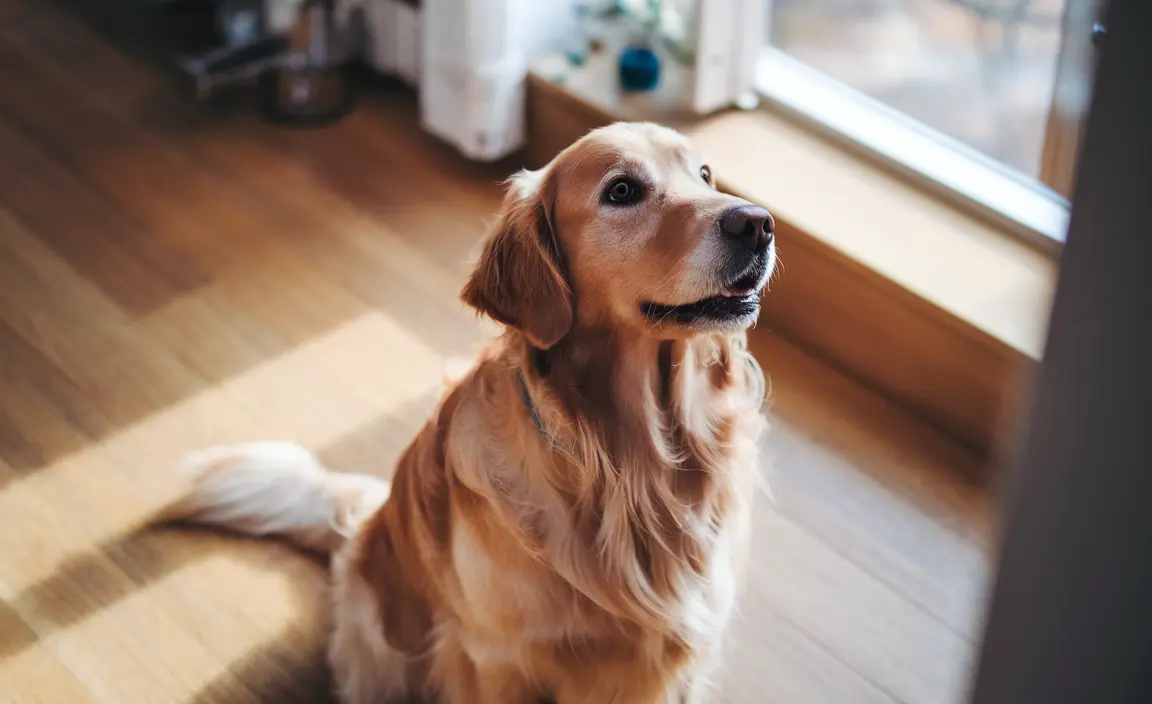As a responsible dog owner, you want to provide the best care and treats for your furry friend. However, when it comes to short rib bones, there's a critical safety warning every pet parent must understand. Contrary to what some might believe, rib bones are not a safe chew option for dogs and can pose serious health risks that could lead to emergency veterinary situations.
In this comprehensive guide, we'll explore why veterinary experts strongly advise against giving dogs short rib bones and provide you with safe, alternative ways to keep your canine companion happy and healthy.
The Dangerous Reality of Short Rib Bones for Dogs
Short rib bones, whether cooked or raw, present significant dangers to dogs. The primary risks include potential choking, dental damage, and severe internal injuries. When bones are cooked, they become especially brittle and prone to splintering, creating sharp fragments that can cause devastating harm to your dog's digestive system.
Why Cooked Rib Bones Are Particularly Hazardous
Cooking transforms bone structure, making them more likely to break into sharp, jagged pieces. These fragments can:
- Cause mouth and throat injuries
- Create intestinal blockages
- Potentially puncture the digestive tract
- Lead to severe internal bleeding
Veterinary Insights: Why Professionals Warn Against Rib Bones
Veterinary medicine unanimously agrees that rib bones should never be given to dogs. The risks far outweigh any perceived benefits, regardless of your dog's size, breed, or chewing habits. Professional veterinarians emphasize that there are much safer alternatives for satisfying your dog's natural chewing instincts.
Safer Chewing Alternatives for Dogs
Instead of risky rib bones, consider these veterinarian-approved options:
- Specially designed dog chew toys
- Bully sticks
- Rubber dental chew toys
- Veterinarian-recommended dental chews
- Frozen carrots or other safe, natural chew alternatives
Immediate Steps If Your Dog Consumes a Rib Bone
If your dog accidentally eats a rib bone, immediate monitoring is crucial. Watch for these potential warning signs:
- Excessive drooling
- Difficulty swallowing
- Vomiting
- Lethargy
- Visible distress
- Blood in stool or vomit
Should you notice any of these symptoms, contact your veterinarian immediately. Quick professional intervention can prevent more serious complications.
Frequently Asked Questions
Can dogs safely chew or eat short rib bones, whether cooked or raw?
No, dogs should never be given short rib bones. Both cooked and raw rib bones pose significant health risks, including choking, internal injuries, and potential emergency veterinary situations.
What are the health risks if my dog eats cooked or slow-cooked rib bones?
Health risks include potential mouth and throat injuries, intestinal blockages, digestive tract perforations, tooth fractures, and severe internal bleeding.
How should I respond if my dog swallows a short rib bone or shows symptoms after eating one?
Monitor your dog closely, watch for signs of distress like vomiting or lethargy, and contact your veterinarian immediately for professional guidance.
Are there safer alternatives to short rib bones that satisfy a dog's chewing instinct?
Yes! Use veterinarian-approved chew toys, bully sticks, rubber dental chews, and other safe alternatives designed specifically for dogs.
Why do veterinarians advise against giving dogs rib bones, regardless of bone type or size?
Veterinarians prioritize pet safety. Rib bones can splinter, cause internal injuries, create choking hazards, and potentially require emergency medical intervention.
Remember, your dog's health and safety should always be the top priority. When in doubt, consult with your veterinarian about safe chewing options and treats.






